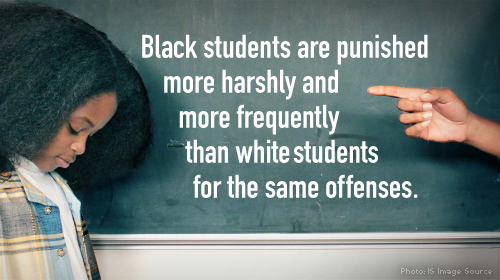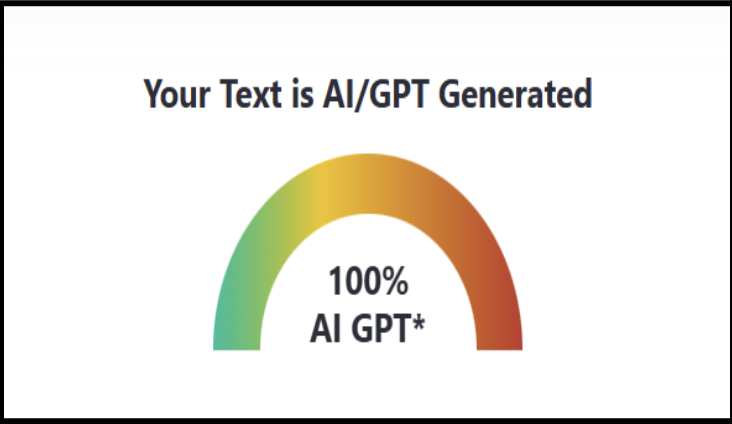When a 5-year-old heads to the first day of kindergarten, the world is at his or her fingertips. As that child grows older, school becomes a safe haven where education and culture enrich that scholar’s mind. But what if that sanctuary no longer possessed its exquisite charm and, instead, becomes a place where ethnic students receive harsh punishments and their road to success grows more and more dim? The Department of Justice and Department of Education finally addressed an issue that was been controversial for long time: the racial discrimination in school discipline. Federal officials have put out the first-ever guidelines for school districts on how to avoid racial inequality regarding student punishments.
According to the studies of Educations Department’s Office for Civil Rights, African American students are three times more likely to be subjected to severe penalties than Caucasian students. Congress passed the Civil Rights Act of 1964 specifically to prevent injustices such as these, and yet 51 years later they are still prevalent in schools within the Los Angeles community. In addition, ethnic students were more likely to be expelled or suspended than Caucasian students were, for similar offenses. Finally officials have taken the appropriate action to stop these injustices against racial biases by administering federal laws in school districts. Federal officials took the first step toward equality in 2011 against Los Angeles Unified School District and required them to track and record discipline information in order to eliminate unfair practices. These laws will ultimately help to end the racial inequalities forced upon troubled teens.
“My past school’s disciplinary system has suspended me from school and deprived me of my education,” said founder of Community Coalition Damien Valentine. “Students are defiant because they know the school doesn’t care if they are suspended or not, we are [trying to] show the youth we want them to stay in school and graduate.”
Strict rules have been proven to lead students down the road of disappointment. Failing grades, dropping out of high school and coming into contact with the criminal justice system are all in correlation with cruel disciplinary systems. Suspensions especially do more harm than good, depressing achievements and estranging students who do not see the point in improving. To establish a brighter future for generations to come, school districts must focus less on harsh punishments and more on avoidance and care. Members of the Community Coalition worked of a district-wide campaign called “brothers and Sons Selves” to end the unfair school suspension policy, or willful defiance. With the help of Community Coalition and south LA students, the Los Angeles Board of Education passed the nation’s first ban of school suspensions last year and can now focus more on school-based and community-based programs.
“Punishments will still be the same, but this will require schools to have more interventions with students and eradicate behavior,” said assistant principal Lauren Young.
In response to those, schools must ensure that punishments are rational and equal for all students, regardless of their nationality. Thankfully, the U.S. Department of Education and Justice sent out a 23-page letter suggesting several strategies to encourage students’ well-being without violating their rights. These include hiring more counselors and social workers, good behavior systems and creating codes of conduct.
High schools that implement a restorative justice policy show an immense suspension decrease, higher test scores and an overall healthier environment that encourages students to succeed. Currently the Obama administration is working on creating a 50 million dollar grant for a student behavior program in order to establish better opportunities for future generations. These programs will provide students with the advantage of a good education and ultimately a better life.








